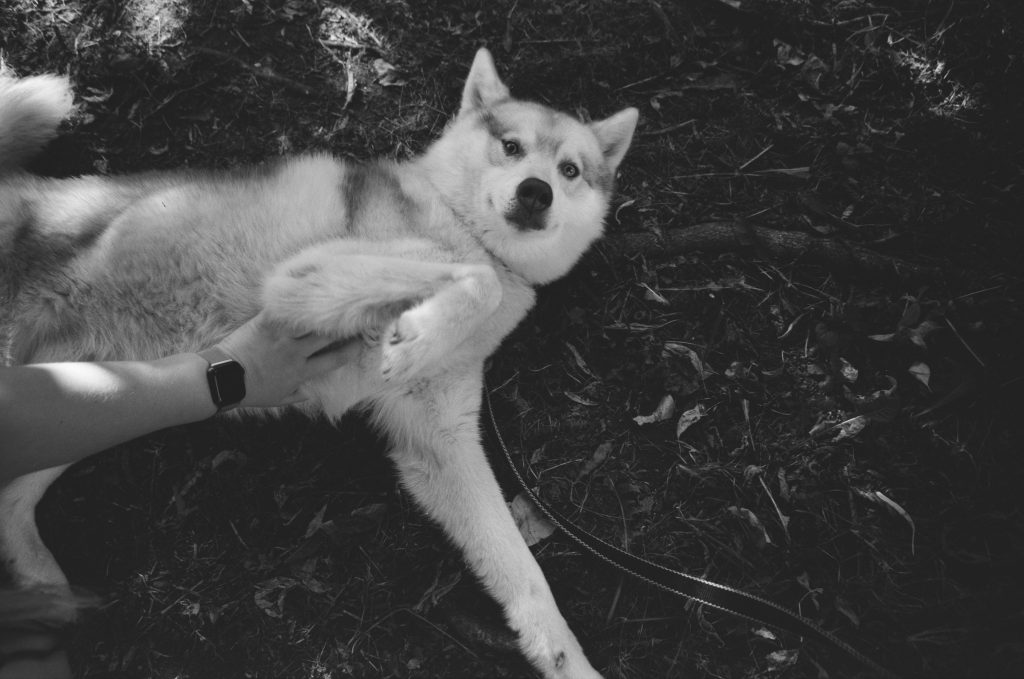Recognizing Signs of Poor Gut Health in Dogs
Your dog’s gut health is a cornerstone of their overall well-being. When the gut is thriving, digestion runs smoothly, the immune system stays strong, and your pup’s energy and mood stay stable. But when gut health suffers, you’ll often see warning signs — some obvious, some more subtle.
Understanding these signs can help you take early action and restore your dog’s balance, keeping them happy and healthy for years to come.
Why Gut Health Matters
The gut is home to trillions of microorganisms, including bacteria, fungi, and viruses — collectively known as the gut microbiome. A balanced microbiome helps:
-
Digest food efficiently
-
Absorb nutrients
-
Support the immune system
-
Protect against harmful bacteria
-
Influence brain chemistry and mood
When this balance is disrupted, it can lead to a range of health problems.
Common Causes of Poor Gut Health in Dogs
Before diving into the signs, it helps to understand what can throw your dog’s gut off track:
-
Antibiotics or other medications
-
Poor-quality diet or sudden dietary changes
-
Food allergies or intolerances
-
Stress from travel, boarding, or new environments
-
Parasites or infections
-
Aging, which naturally affects digestion
Top Signs of Poor Gut Health in Dogs
1. Digestive Issues
This is often the most obvious clue.
-
Diarrhea or loose stools
-
Constipation
-
Gas and bloating
-
Vomiting
-
Frequent tummy rumbling or discomfort
Occasional stomach upset is normal, but frequent or persistent issues signal something deeper.
2. Changes in Appetite
A healthy dog is usually eager to eat. Watch for:
-
Decreased appetite or picky eating
-
Sudden increase in hunger (sometimes linked to malabsorption of nutrients)
3. Weight Loss or Poor Weight Gain
If your dog is eating normally but losing weight or struggling to maintain it, poor gut health could be impairing nutrient absorption.
4. Dull Coat and Skin Problems
The gut influences skin and coat condition.
-
Dull, brittle fur
-
Dry, flaky skin
-
Excessive shedding
-
Skin infections or hot spots
5. Low Energy or Lethargy
Because the gut affects nutrient delivery and immune health, dogs with poor gut health may seem unusually tired or less playful.
6. Bad Breath
While bad breath can result from dental problems, an imbalanced gut can also contribute to unpleasant odors.
7. Behavioral and Mood Changes
The gut-brain connection means poor gut health can affect mood.
-
Increased anxiety
-
Restlessness
-
Irritability or aggression
8. Frequent Infections or Allergies
A weakened immune system may show up as:
-
Recurrent ear infections
-
Eye discharge
-
Allergy flare-ups (itchy skin, licking, or chewing paws)
How to Restore Gut Health
If you notice these signs, work with your veterinarian to rule out serious conditions and create a plan. Common steps include:
Dietary Improvements
-
Switch to a high-quality, balanced dog food
-
Avoid unnecessary treats or table scraps
-
Consider adding gut-friendly foods like pumpkin or sweet potatoes
Probiotics and Prebiotics
Probiotics (beneficial bacteria) and prebiotics (fiber that feeds good bacteria) help restore balance.
Gradual Dietary Changes
Sudden food switches can upset the gut — always transition slowly over 7–10 days.
Address Underlying Conditions
Treat infections, parasites, or allergies as needed.
Reduce Stress
Provide a stable routine, enrichment activities, and plenty of exercise to help lower stress levels.
When to See the Vet
Some signs warrant immediate veterinary care:
-
Persistent vomiting or diarrhea
-
Blood in stool or vomit
-
Sudden, severe lethargy
-
Extreme weight loss
Your vet can perform tests like stool analysis or blood work to get to the root of the problem.
Final Thoughts
Your dog can’t tell you when something feels wrong — but their body gives you plenty of clues. By recognizing the signs of poor gut health early, you can help prevent more serious issues and keep your dog feeling their best.
A happy gut leads to a happy pup, so stay vigilant and partner with your vet to keep those tails wagging!




